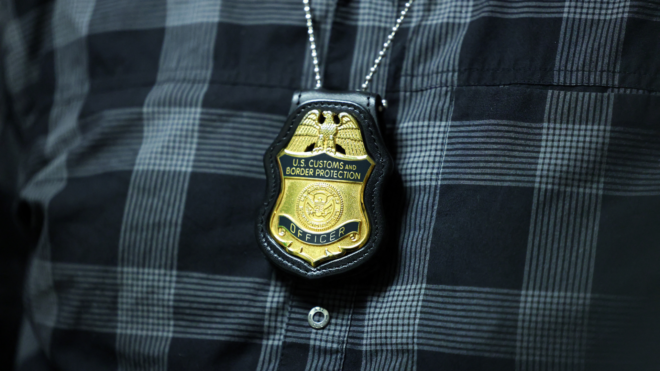A mother in South Carolina called the police on her 15-year-old son after she discovered that he had been watching porn on the family's living room television. She didn't catch him in the act, what happened was that she came home with her 2-year-old daughter and when they turned on the living room TV, the 2-year-old got a screen full of porn in her face. Ugh!
This all got me to thinking about what a parent should do if they catch their child watching porn because calling the cops isn't the answer. Isn't it crazy the stuff we have to deal with as parents in the age of highly accessible internet porn? Let's come up with a plan together, shall we?
Read more ¿Qué más?: SEE: Baby doll with penis is causing an uproar!
Here are seven things to do if you catch your kid watching porn:
1. Calm down! Yes, it is totally normal to freak the eff out that your child is looking at porn, but freaking out in front of them will do no good at all and might actually do more harm than good. If you do accidentally freak out in front of them, say sorry, calm down and start over.
2. Give your child a moment. I'm assuming that you have told your child to turn the porn off. Tell your child to meet you in some other location of the home in a minute or two. Can you imagine how embarrassed your kid must feel right now? Give them a second to get it together.
3. Talk about it. Don't yell about it, talk about it. It's absolutely normal for your child to be curious about sex. Do not make them feel ashamed about that. I'm thinking it's porn you are upset about and not sex.
4. Lay down rules. If you haven't already established that there is to be no porn watching by your child, then now is the time to make that clear. Again, stay calm.
5. Explain your reasoning. Tell your child that it's not because you are a big ol' prude and don't want them to grow up to have a healthy sex life, but pornography is not only unrealistic in a way that can warp their perception of what sex is like or should be like, it's also incredibly age-inappropriate.
6. Let them ask you questions. I'm sure they have a ton and they may not be all that comfortable asking them, but it's up to you to let them know that you are open to being asked.
7. Set up parental controls. On your TV, on your computers, on your kid's phone, on anything that can get a person online. If you don't know how to do it, FIGURE IT OUT!
Image via Thinkstock




